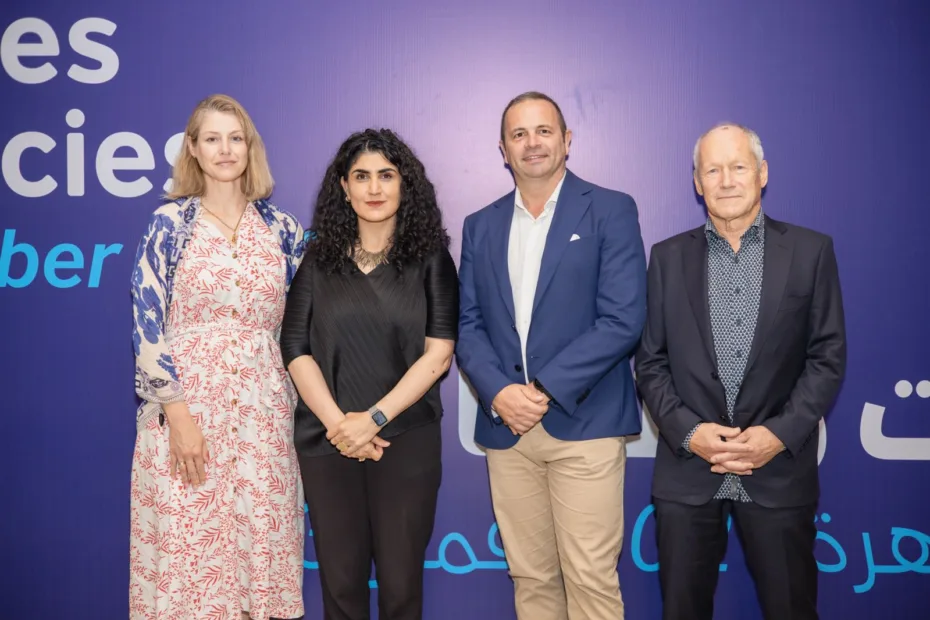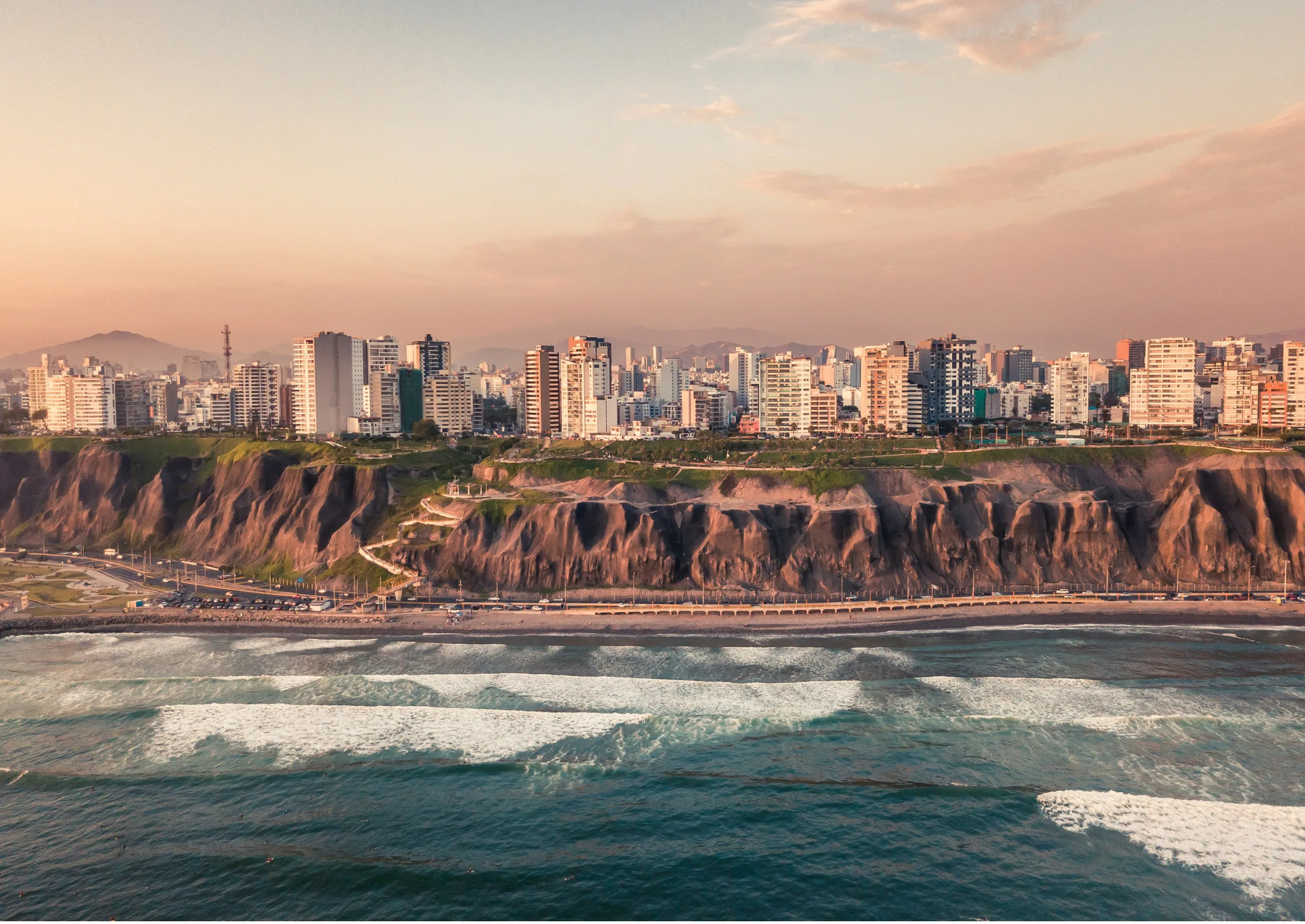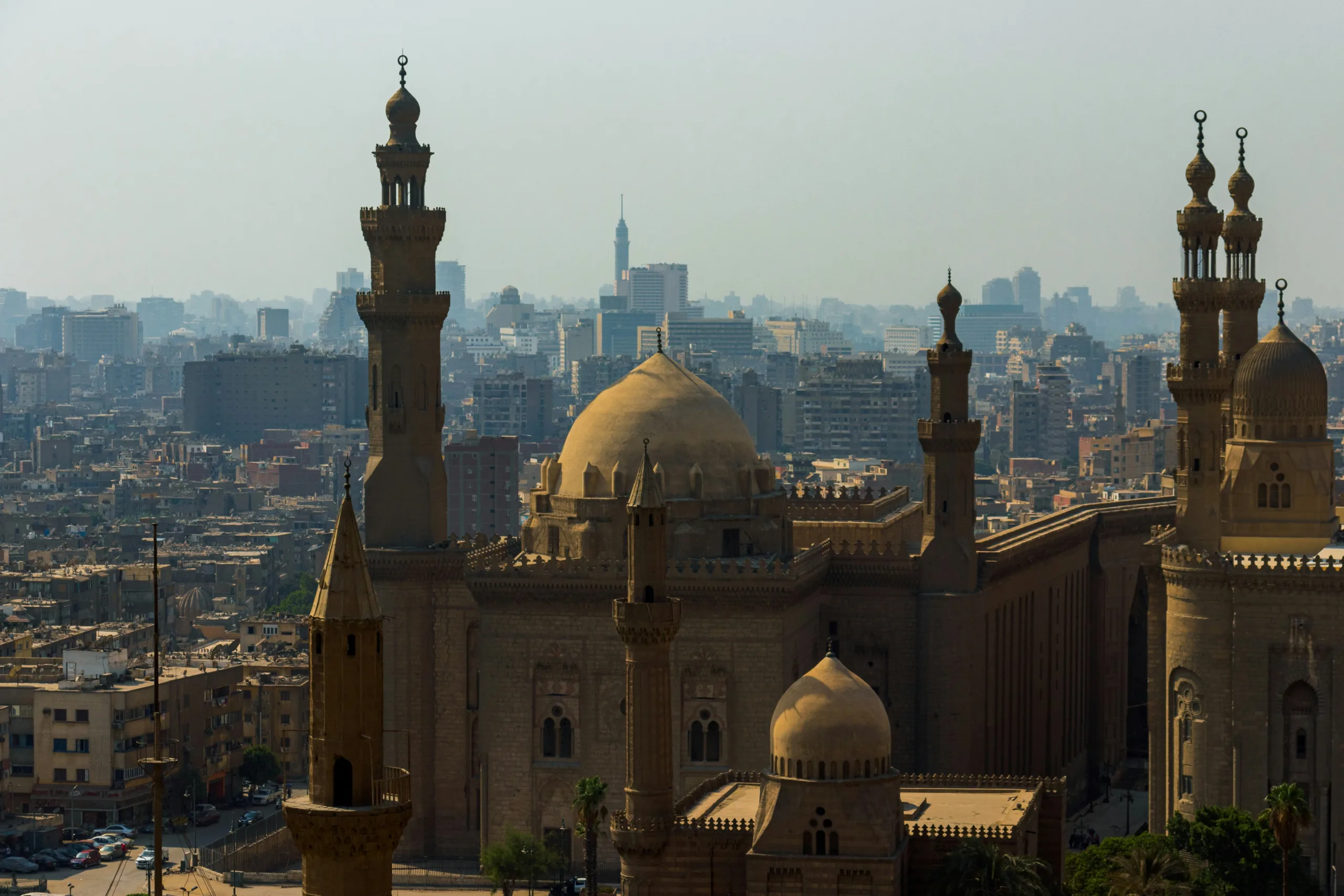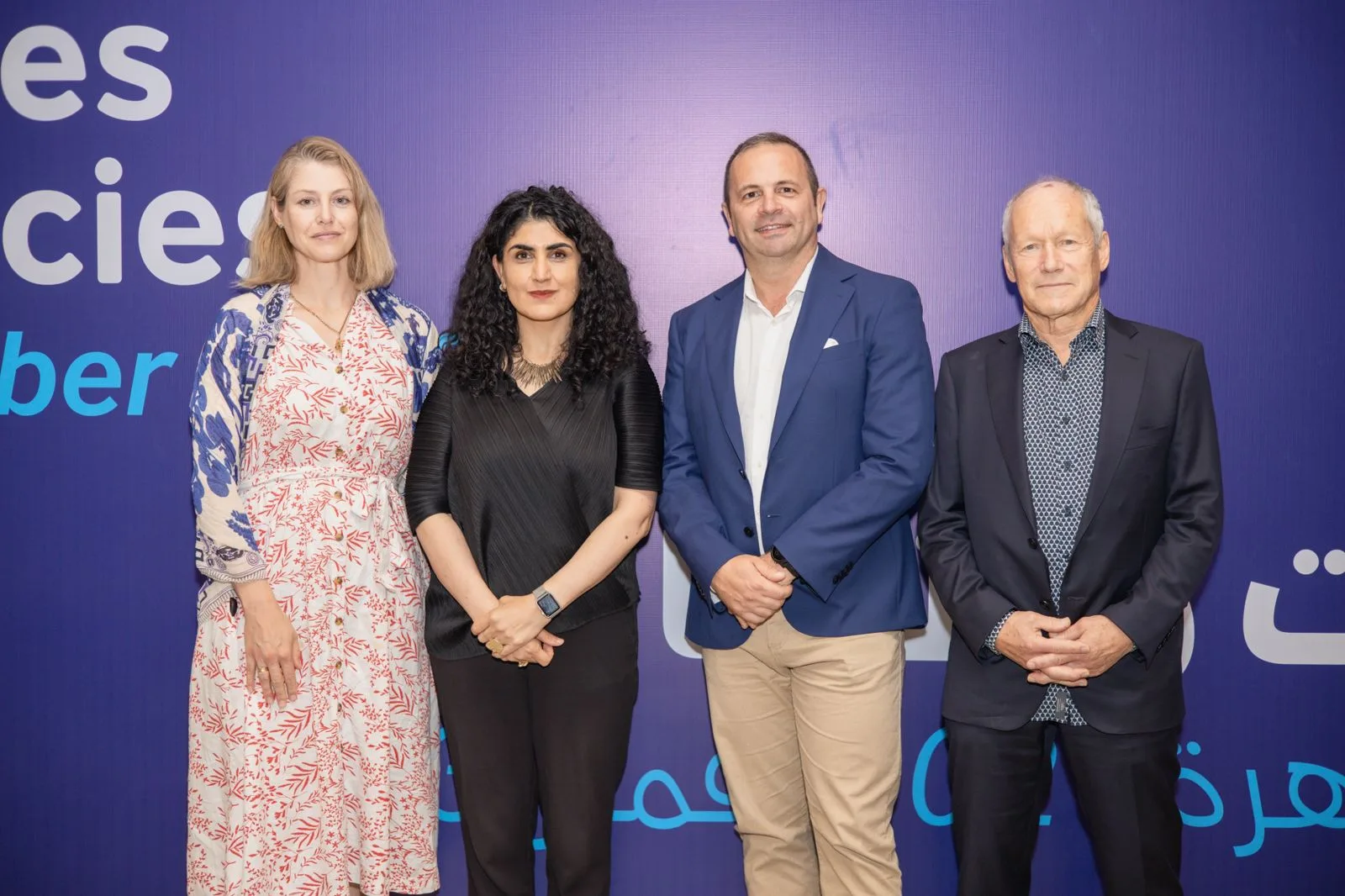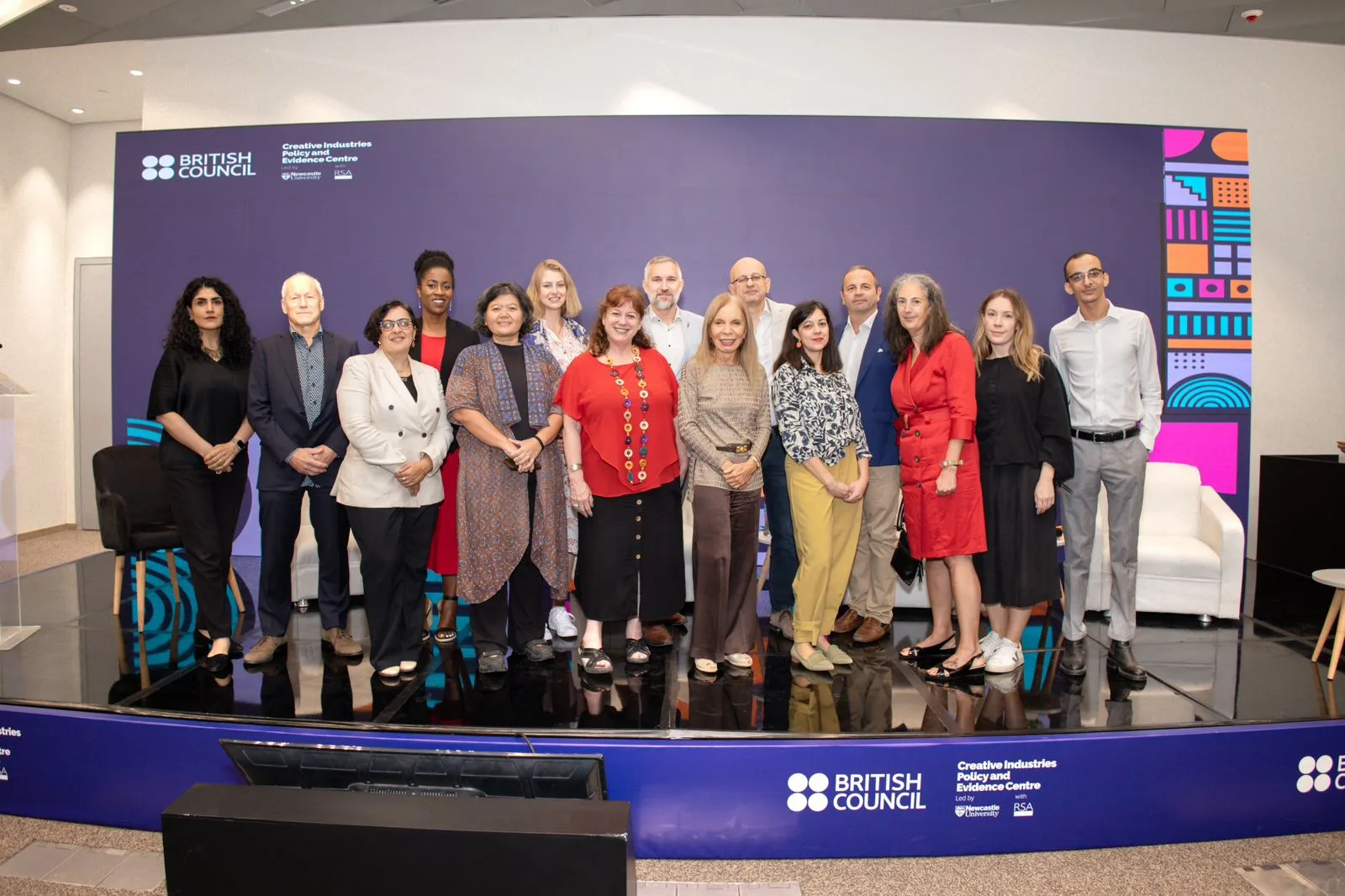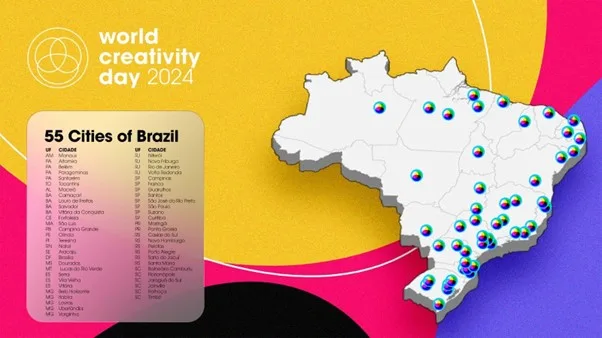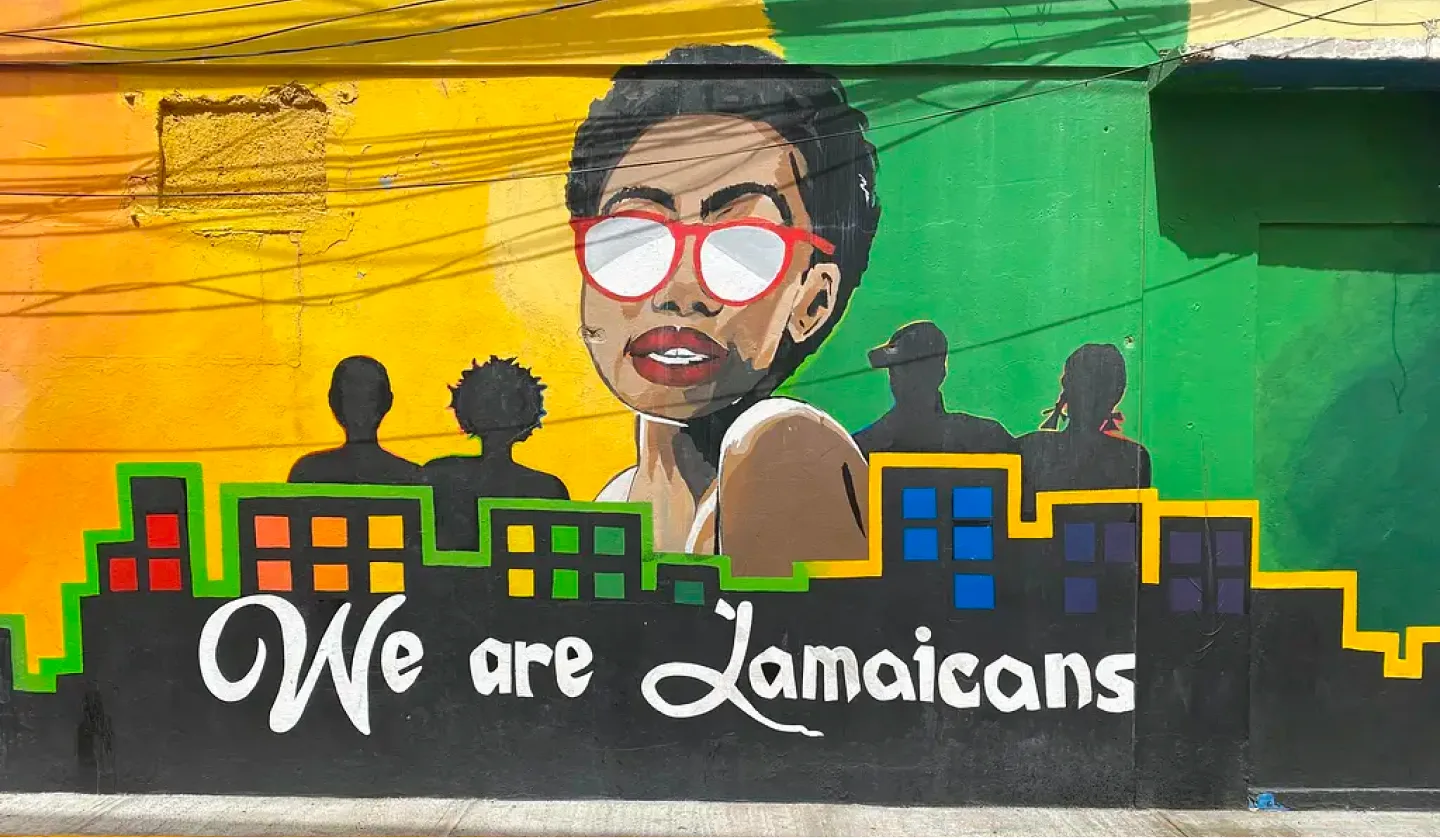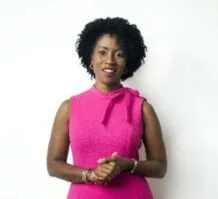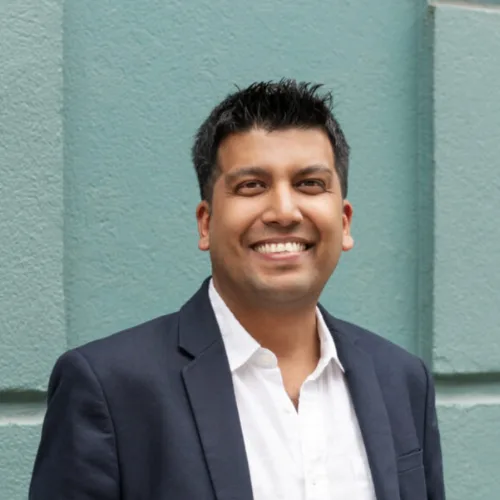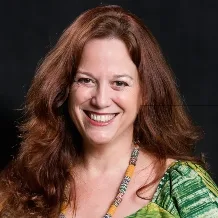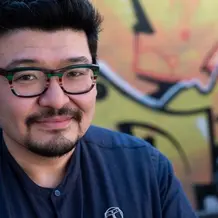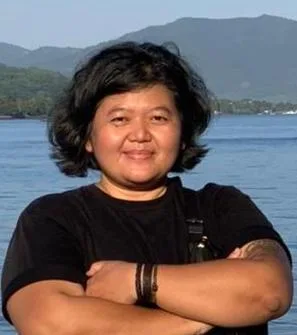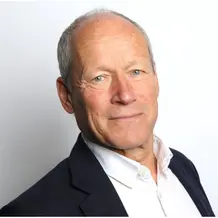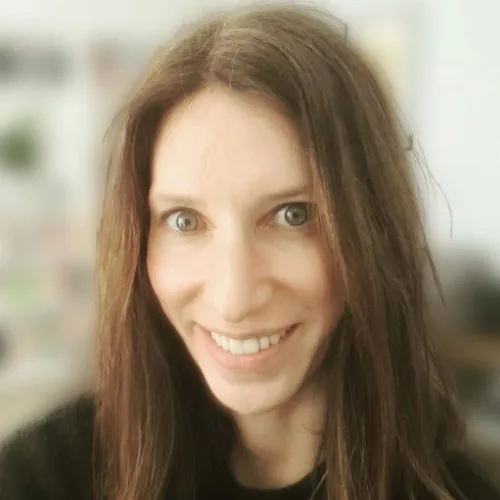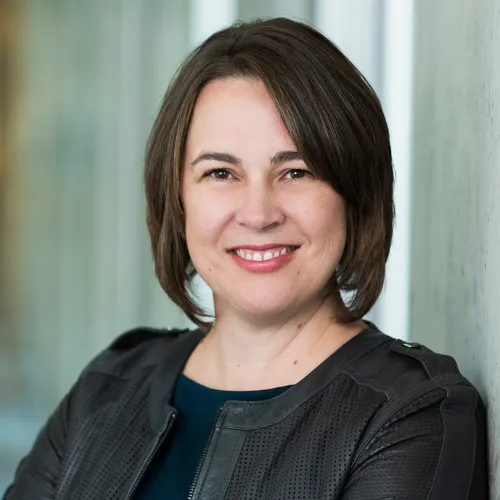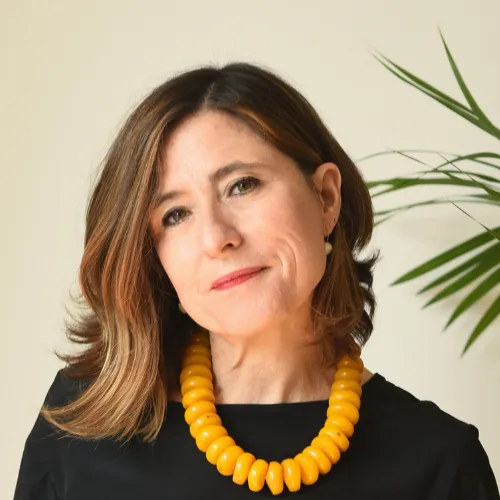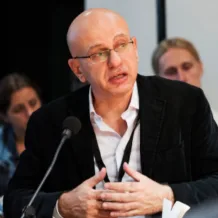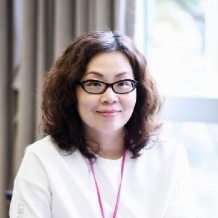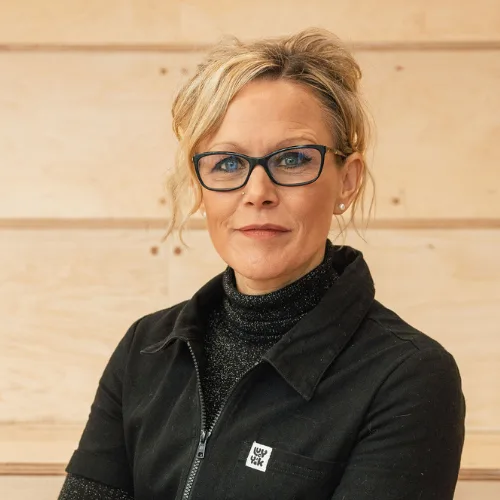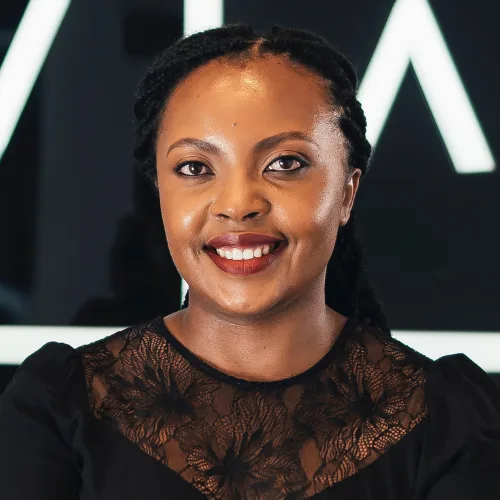John Newbigin, Former Chair of the Creative Economy Council
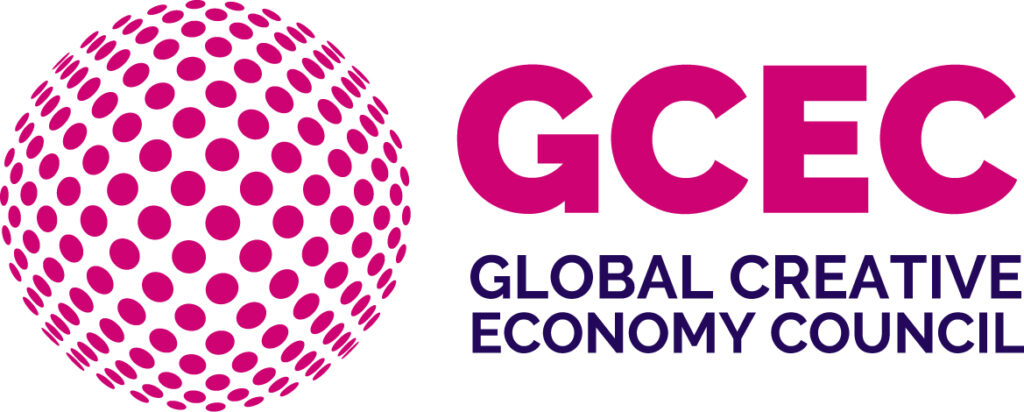
A blog from Creative PEC’s Global Creative Economy Council
As its name suggests, the Global Creative Economy Council (GCEC) exists to research and reflect what’s happening in the creative economy at a global level. As well as a diversity of perspectives – academics, practitioners and investors – its membership reflects views from every part of the world. This highlights the fact that while the creative economy ‘discourse’ – the academic research, the data collection, the impact analysis of policies and so on – happens overwhelmingly in the Global North, it fails to pick up much of what’s happening in the Global South.
While the basic dynamics of the creative economy may look the same – informal or micro businesses and freelancers struggling to find finance and skills and to value or safeguard their IP – the social, cultural and environmental significance of the sector is very different, which makes the drivers of government policy different too. One of our longer-term interests is thinking about how to share understanding between the two hemispheres – if only because the rapid and continuing growth of the creative sector, and its consequent potential for global trade, could be even greater were it not for a lack of common definitions, regulations, protocols and IP regulation.
Whatever the underlying reality may be, the perception of the creative economy in the northern hemisphere – or, to be more precise, western Europe and North America – still has some echoes of Richard Florida’s pernicious ‘creative class’: geeky, white, male, middle class, cliquey, and very metropolitan, typified by start-ups, unconventional business models, a lot of lobbying for tax-breaks and the occasional unicorn. The perception in much of the Global South could hardly be more different and can be summed up in a sentence from the Director of the Asian Development Bank Institute who recently wrote, in his introduction to a book of essays entitled ‘Creative Economy 2030’:
“Creative industries are critical to the sustainable development agenda, as they have the potential to support inclusive, sustainable and equitable economic development.”
It is no accident that the UN’s ‘International Year of Creative Economy for Sustainable Development’ in 2021 was initiated by Indonesia and supported at the UN almost exclusively by countries of the Global South.
To paint the ‘North’ version as a recipe for entrenching existing inequalities, while the ‘South’ version is a programme for radical social change, may be a crude over-simplification. But there’s enough truth in it to suggest that the ‘southern’ perspective may have the more significant role to play in addressing some of the greatest challenges facing the planet – the chaotic growth of mega-cities, resource depletion, youth unemployment and mass migration, the loss of cultural heritage – both tangible and intangible – and, of course, climate change. And even if it hasn’t, since 80% of the world’s population live in what can be defined as the ‘South’ where that cocktail of issues contains all the ingredients for an apocalyptic nightmare or, with a bit of imagination and the near ubiquity of digital access, the impetus for a creative transformation, it seems like a good idea to put our heads together and consider what mutual benefits might flow from closer collaboration, deeper analysis and shared understanding between Global North and Global South.
With the invaluable support of the British Council and the Creative PEC, we seek to do this in a number of ways. Firstly, we use our combined networks to better understand what’s really going on – whether it’s looking at how informal workers and businesses survive and prosper; how networks and intermediaries act as ‘interpreters’ between government and creative entrepreneurs; how a creative economy can contribute to social and environmental sustainability as well as economic growth. As well the policy lessons that can be learnt and applied at a global level, or at least a trans-national level.
Secondly, we convene discussions that bring together creative entrepreneurs, policy makers and government officials to discuss and share. We did this recently in Istanbul and Cairo, with encouragingly positive results. Thirdly, we, as a group, and some of our members as individuals, contribute to research that addresses the wider priorities of the Creative PEC and the British Council.
And, finally, GCEC members share observations and lessons from their own day to day practice and observations – and that is the intention of these blogs.
Read more about the Global Creative Economy Council
Creative Industries in Egypt: An Overview
Omar Nagati – GCEC Member and Co-Founder of CLUSTER – outlines the findings of a study into the crea…
Global Creative Economy Council: An introduction from the Former Chair
John Newbigin introduces Creative PEC's Global Creative Economy Council
Introducing the Global Creative Economy Council (GCEC)
Hasan Bakhshi and Rehana Mughal explain what the GCEC is trying to achieve and how the network will …
Introducing the World Creativity Organization
Edna dos Santos-Duisenberg (member of Creative PEC's Global Creative Economy Council) & Lucas Foster…
Island in Transition: The Journey from Reggae Music Mecca to Creative Economy Hub
Andrea Dempster Chung, Co-founder and executive director of Kingston Creative A blog from Creative P…
Meet the Global Creative Economy Council
Andrea Dempster Chung – Jamaica
Andrea Dempster Chung is the co-founder and executive director of Kingston Creative, an NGO that use…
Avril Joffe – South Africa
UNESCO Chair in Cultural Entrepreneurship and Policy, and Research Associate, University of the Witw…
Daniar Amanaliev – Kyrgyzstan
Co-founder and Band Master of ololo group, Chair of Kyrgyzstan’s Creative Industries Park Board
Dwinita Larasati – West Java, Indonesia
Lecturer and Researcher at Industrial Design Program, FSRD ITB, Indonesia Tita is a product designer…
Eduardo Saravia – Colombia/Germany
Chief Economist at Sound Diplomacy Eduardo Saravia is a cultural economist with over 16 years of exp…
John Newbigin – UK
Mayor of London’s Ambassador for the Creative Industries John is the Mayor of London’s Ambassa…
Kelly Wilhelm – Canada
Head of the Cultural Policy Hub at OCAD University Kelly Wilhelm (she/her) is a consultant and …
Marta Foresti (Chair) – Italy/UK
Chair of GCEC and CEO of LAGO Collective
Octavio Kulesz – Argentina/Italy
Director of Teseo Octavio Kulesz is a philosopher, digital publisher, and director of Teseo, one of …
Omar Nagati – Egypt
Architect, Urban Planner and Co-founder of CLUSTER
Pearl Wang Haoqing – China
Associate Professor and Director, Center for Global Cooperation and Education Development, USC-SJTU …
Sara Pepper – UK
Co-Director of the Centre for the Creative Economy at Cardiff University Professor Sara Pepper OBE i…
Wakiuru Njuguna – Kenya
Managing Partner, HEVA Fund Wakiuru Njuguna is a seasoned expert in Africa’s creative industries, wi…
